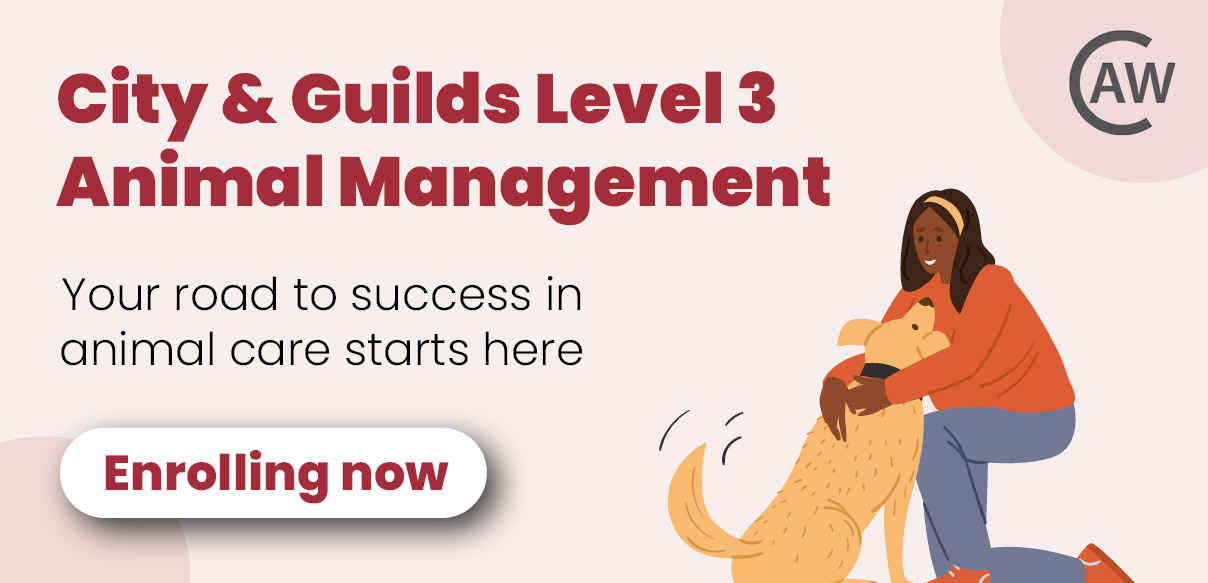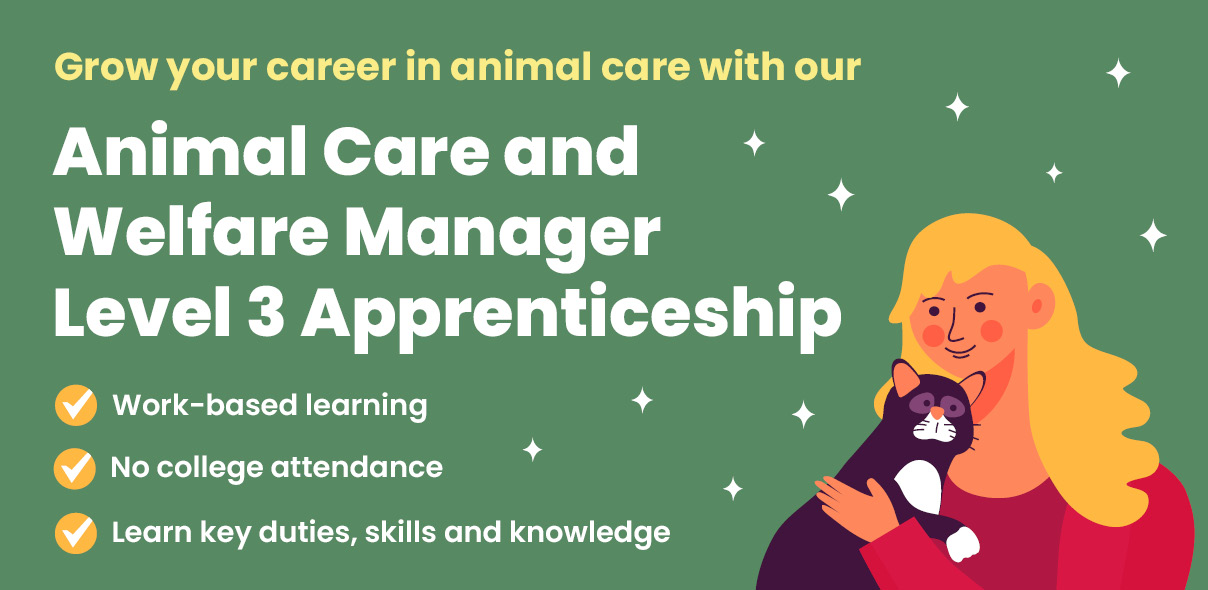What the job involves
The role of Kennel Manager / Cattery Manager involves overseeing the daily operations of a boarding kennel or cattery, ensuring the health and wellbeing of all staff members and animals under your care. As part of this role your responsibilities may include:
- Coordinating staff schedules, managing budgets, and maintaining supplies
- Developing and implementing policies for animal care, cleanliness, and customer service
- Liaising with veterinary surgeons for medical care and routine health checks
- Feeding, grooming, exercising and providing enrichment to the animals in your care
- Providing medication to animals where required
- Handling administrative tasks such as record keeping, billing, and customer enquiries
- Ensuring compliance with animal welfare laws and regulations
Personal qualities
In order to pursue a career as a Kennel Manager / Cattery Manager you should have a genuine love and compassion for animals, as well as strong animal care knowledge and leadership and management skills. You will be required to possess excellent communication and customer service abilities when interacting with animals and their owners. You should also have the ability to work well under pressure and handle challenging situations, including being patient and resilient when dealing with animals with diverse needs and temperaments.
Working conditions
As a Kennel Manager / Cattery Manager you will primarily work in a boarding kennels or cattery environment. The role involves interaction with animals of various sizes and temperaments and exposure to noise and animal odours. It may include physical work including lifting and cleaning, and you will be required to work flexibly, including on weekdays, evenings, weekends and during holidays. You may also be called out to emergency situations outside of working hours.
Qualifications and training
Although there are no formal entry requirements to enter the profession, many employers will look for experienced Kennel and Cattery workers who have:
- A relevant qualification that demonstrates knowledge and skills in animal care, such as the Level 3 Extended Diploma in Animal Management or Level 3 Animal Care and Welfare Manager apprenticeship.
- Experience working with animals in a boarding kennels or cattery, or another animal care environment such as a veterinary practice or animal shelter.
- Experience managing teams or working in a formal management position. A formal qualification in leadership and management may also be looked upon favourably.
How to get into the profession
There are no formal entry requirements to enter the profession, however there are steps you can take to support your progression into this role. For example, you could:
- Gain experience through volunteer work or entry level positions in boarding kennels, catteries or veterinary practices to build practical experience. You can view our jobs board for open vacancies.
- Pursue relevant qualifications and training in animal care. For example, you could work towards this position by undertaking the Level 3 Animal Care and Welfare Manager apprenticeship or Level 3 Extended Diploma in Animal Management alongside employment in a kennels or cattery.
- Achieve a formal qualification in leadership and management.
- Network with professionals in the field and join membership groups for industry insights and job opportunities.
Salary and benefits
The average salary for a Kennel Manager in the UK is around £25,000, according to salaries reported on Indeed, however many employers will pay more or less than this depending on the location, experience and size of the facility. You can search for Kennel / Cattery Manager positions on our jobs board and other online job boards such as Indeed in order to explore salary ranges.
Progression
Becoming a Kennel Manager / Cattery Manager could lead to various career opportunities, for example you could advance to a higher managerial role or progress to overseeing multiple facilities. There may also be opportunities to undertake advanced courses in areas such as animal training or rehabilitation. You could also consider starting your own kennel or cattery business.



